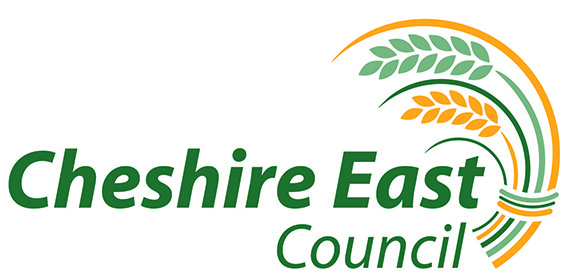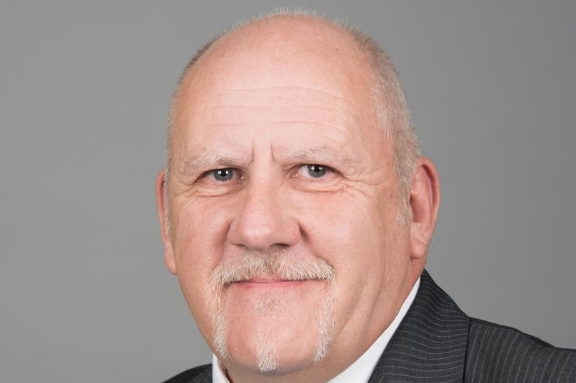- Home
- News
- What’s On
- Activities for Children
- Arts & Crafts
- Autos and Bikes
- Business events
- Car Boot & Auctions
- Charity events
- Churches & Religious
- Comedy
- Dance
- Days out & Local interest
- Education
- Exhibition
- Film
- Gardening & Horticulture
- Health
- Markets & Fairs
- Music
- Nature & Environment
- Spiritual
- Sport
- Talks and Discussions
- Theatre and Drama
- Business
- Local Information
- Jobs
- Deaths
- Charity events
- Contact Us
Council tax to rise 3.99%

Cheshire East are to raise resident’s council tax bills by 3.99%.
The budget takes account of:
- An increase of £13.1m in overall net revenue spending on services;
- A reduction of £2.8m in government grants;
- An increase of £10.9m in council tax receipts (including from housing growth and previous year surplus); and
- An increase in business rate income of £5m.
- The latest finance reports take place against a ‘challenging’ national picture of a continued overall public sector deficit – which is being partly met by ongoing reductions in government grants to councils – and rising demand for both adult social care and children and family services.
The council aim to be financially self-sufficient by reducing its reliance on central government revenue support grant from £40m in 2015/16 to nil in 2020.
It is now proposed to increase council tax by 2.99 per cent, to invest in essential frontline services – equating to an extra 78p per week to the average household bill. A Band D property bill would rise from £1,404.28 to £1,446.27.
One per cent of the proposed tax rise will be ring-fenced to help meet financial pressures in children’s services.

Councillor Paul Bates, Cheshire East Council Cabinet member for finance and communications, said: “These reports, backed by cabinet’s decision today, outline how the council will continue to build on the sound achievements of recent years and maintain robust and resilient overall financial health, performance and value for money.
“This financial year once again presented a number of challenges, in common with all local authorities, as issues such as inflationary pressure of £23.3m and rising demand in care services for children in Cheshire East were compounded by falls in government funding – including a £5.4m reduction in revenue support grant. Against this background, Cheshire East continues to effectively commission services through its ‘best fit’ model of service providers.
“Our local response to these pressures continues to focus on innovation and creativity with a clear emphasis on further improving efficiency, productivity and establishing more-effective local delivery of services.
“Our ability to create the best conditions for private sector investment, economic growth and prosperity will be critical to the continued success of the borough as the council’s reliance on locally-generated income increases.
“In the final year of the Corporate Plan 2017-20, the council is able to demonstrate the ongoing achievement of positive outcomes for local people. Education achievement rates for pupils in Cheshire East remain as one of the highest levels in the country and social care for children and adults are receiving higher levels of investment in the medium term.
“Infrastructure projects continue to unlock land and housebuilding numbers are exceeding targets. Employment is high and the number of businesses in the borough is higher than Manchester.
“Our recycling rates are in the top 10 per cent of all local authorities and our much-used libraries are in the top five in the country – while life expectancy for Cheshire East residents is also higher than both regional and national averages.
“Since local government reorganisation, the cumulative increase in council tax by Cheshire East Council is significantly lower than inflation and is among the lowest of any unitary authority in England. Cheshire East is simply a great place to be.”
Against a backdrop of challenging circumstances, the council is set to deliver a balanced financial outturn in 2018-19. At the third quarter stage, a projected overspend has reduced to £4.8m – or 1.8 per cent against a net revenue budget of £269.7m and a total gross annual spending of £740m.
Mitigating actions to return this to a balanced outturn by year end include further in-year efficiency savings (£0.8m) use of business rate receipts (£2.1m) and use of reserves (£1.9m).
Alex Thompson, head of finance and performance, said: “Against a challenging financial backdrop, it is pleasing to note that the council has continued to perform strongly, delivering positive outcomes in each of the six areas identified by the corporate plan. The costs related to increasing demand for services are being mitigated by the council’s success in supporting local development and managing the costs of providing services.”
Cllr Bates added: “The medium-term forecasts show the extent of the financial challenge ahead but we are helping to address this by setting a balanced budget – and I am confident and determined to deliver for local residents and do everything I can to maintain Cheshire East as one of the best places in the North West to live, work, visit and do business.”
Cheshire East Council is the third-largest unitary authority in the North West, responsible for delivering more than 500 services, supporting more than 370,000 local residents.
The budget and council tax for 2019-20 will be decided by a vote of elected members at the 21 February meeting of full council.

You must be logged in to post a comment Login